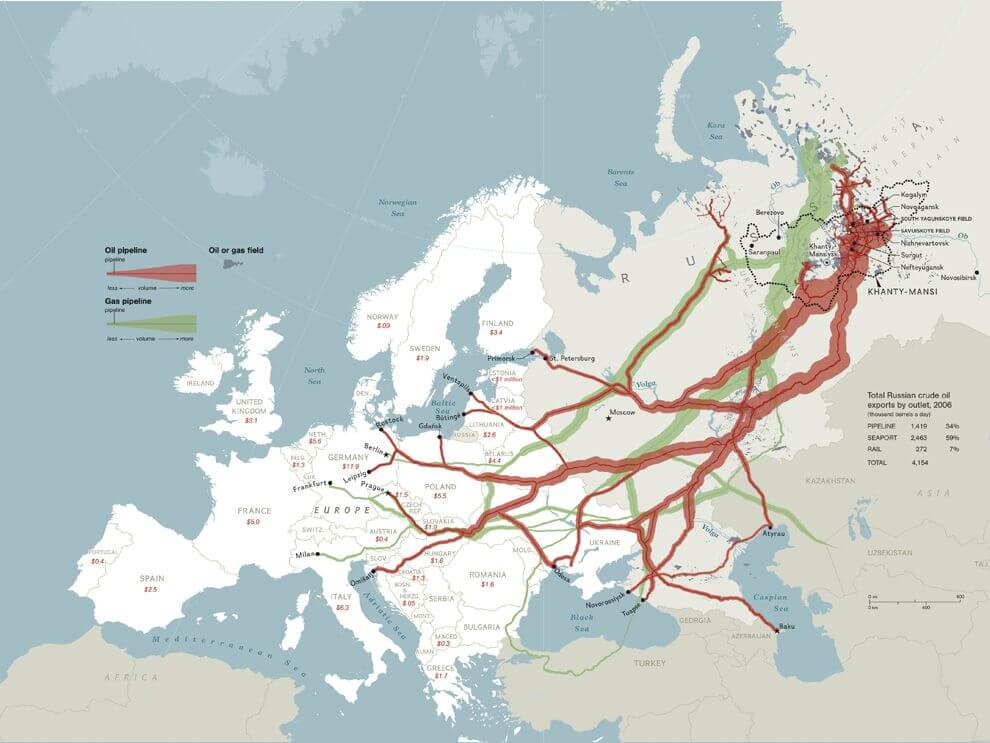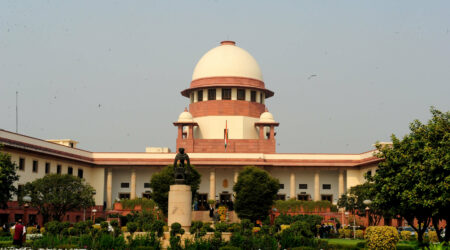Berlin: Germany and Austria activated early warning plans Wednesday amid concerns that Moscow could cut natural gas deliveries, while Poland announced steps to end all Russian oil imports by year’s end, in fresh signs of how Russia’s war in Ukraine is affecting Europe’s energy security.
The German government said it was establishing a crisis team to step up monitoring of the gas supply, and called on companies and households to conserve energy following demands by Russia that deliveries should be paid in rubles. Western nations have rejected that demand, arguing it would undermine sanctions imposed because of the war.
“There have been several comments from the Russian side that if this (payments in rubles) doesn’t happen, then the supplies will be stopped,” Economy Minister Robert Habeck told reporters in Berlin.
Later, German officials said Chancellor Olaf Scholz had received assurances from Russian President Vladimir Putin that European companies won’t have to pay for Russian gas supplies in rubles but could continue to pay in euros as stipulated by existing contracts. Scholz had asked for further details of the process, which involves payments to a Russian bank not subject to sanctions, his office said.
Habeck had earlier said that the level one warning triggered — a step also taken Wednesday by Austria — was a precautionary measure and Germany was prepared for a sudden stop in Russian gas supplies.
Still, he warned of “considerable impacts” if that were to happen and urged consumers to help prevent a shortage by conserving energy.
“We are in a situation where I have to say this clearly, every kilowatt-hour of energy saved helps,” Habeck said. He added that Germany’s gas storage is currently filled to about 25 percent capacity.
A second warning level would require companies in the gas industry to take necessary measures to regulate supply. The third and highest level entails full state intervention to ensure those who most need gas — such as hospitals and private households — receive it, Habeck said.
“We’re not there and we don’t want to go there,” he added.
France also called Wednesday for “those who can” to conserve energy, including electricity and gas, focusing especially on businesses and public facilities. The country’s gas storage facilities are “well filled,” according to the head of its Regulatory Energy Commission, but still asked for some efforts to save energy.









